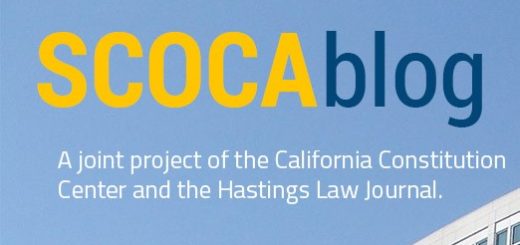Can California pleas resurrect its unconstitutional conditions doctrine?
Overview The fact that most California criminal cases end in plea bargains presents an unconstitutional conditions problem.[1] Plea bargains involve prosecutors exchanging charging leniency for a waiver of constitutional rights.[2] Yet California’s unconstitutional conditions doctrine limits the government’s “authority to condition . . . a privilege or benefit” on waiving constitutional rights.[3] Whether plea bargains satisfy California’s unconstitutional conditions doctrine depends on whether the doctrine itself remains viable. It also depends on a local jurisdiction’s idiosyncrasies, complicating possible reforms. Because litigation around this issue is not feasible, legislative reforms are the best path toward solving this unconstitutional conditions problem. Analysis...



